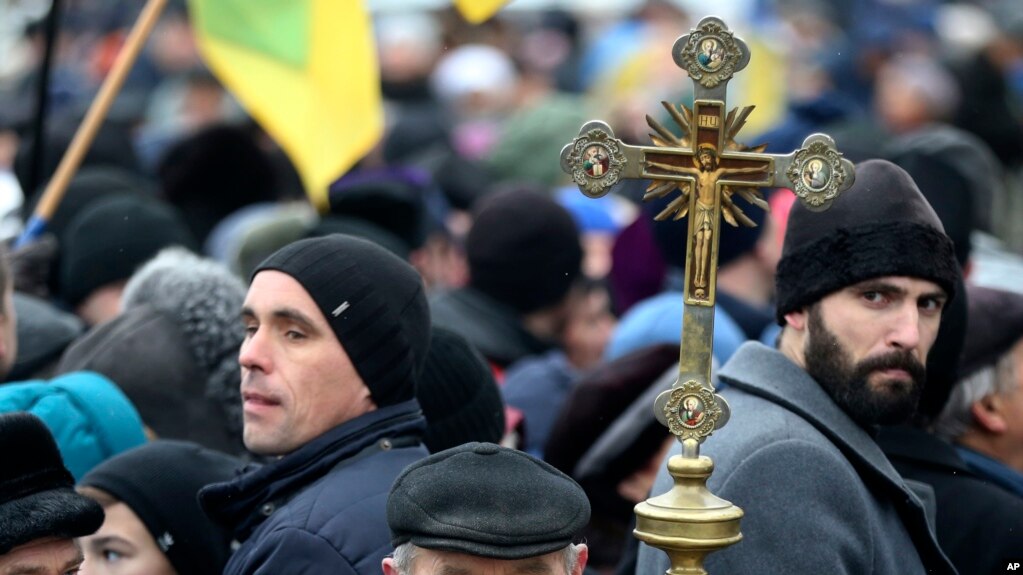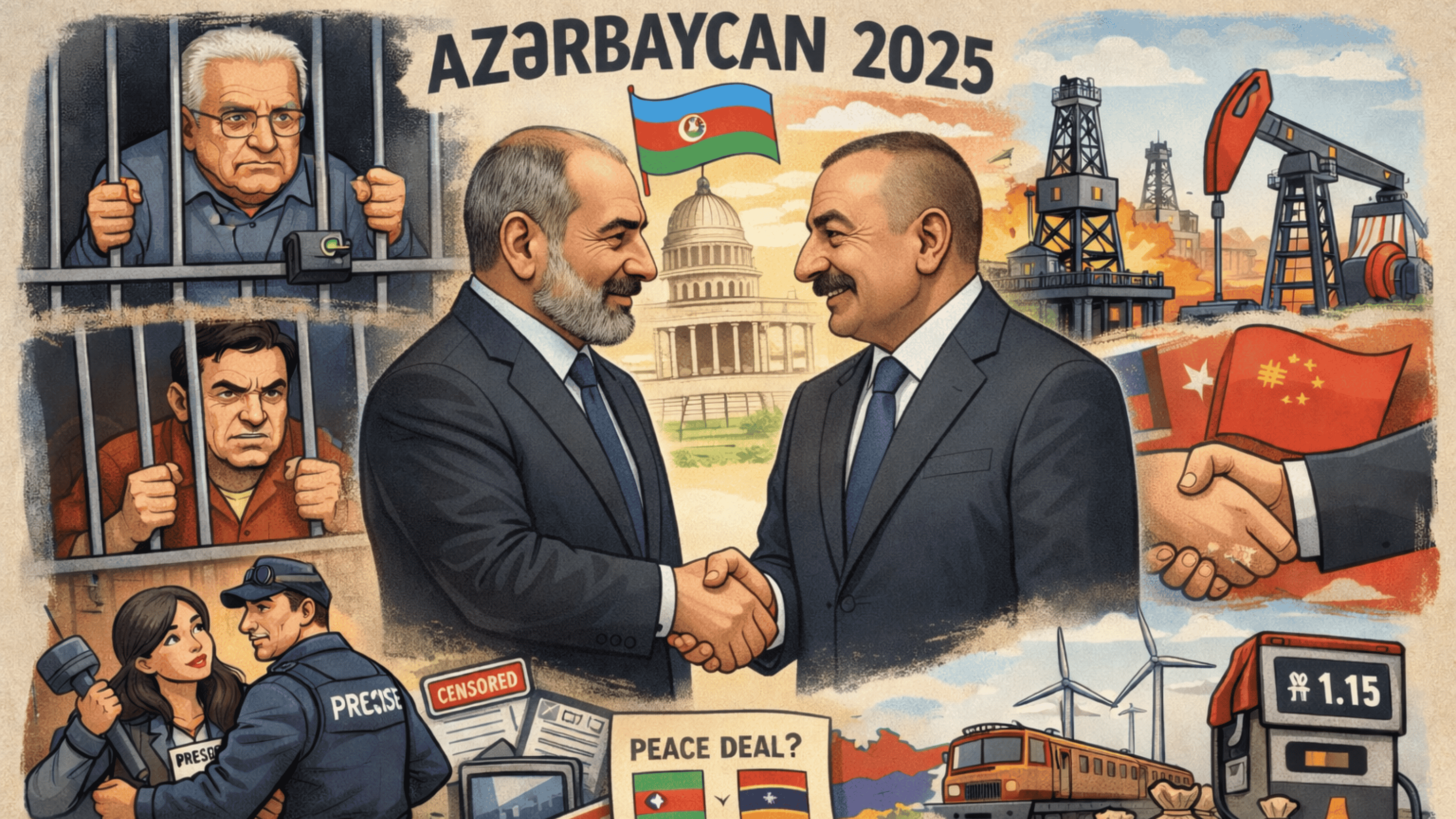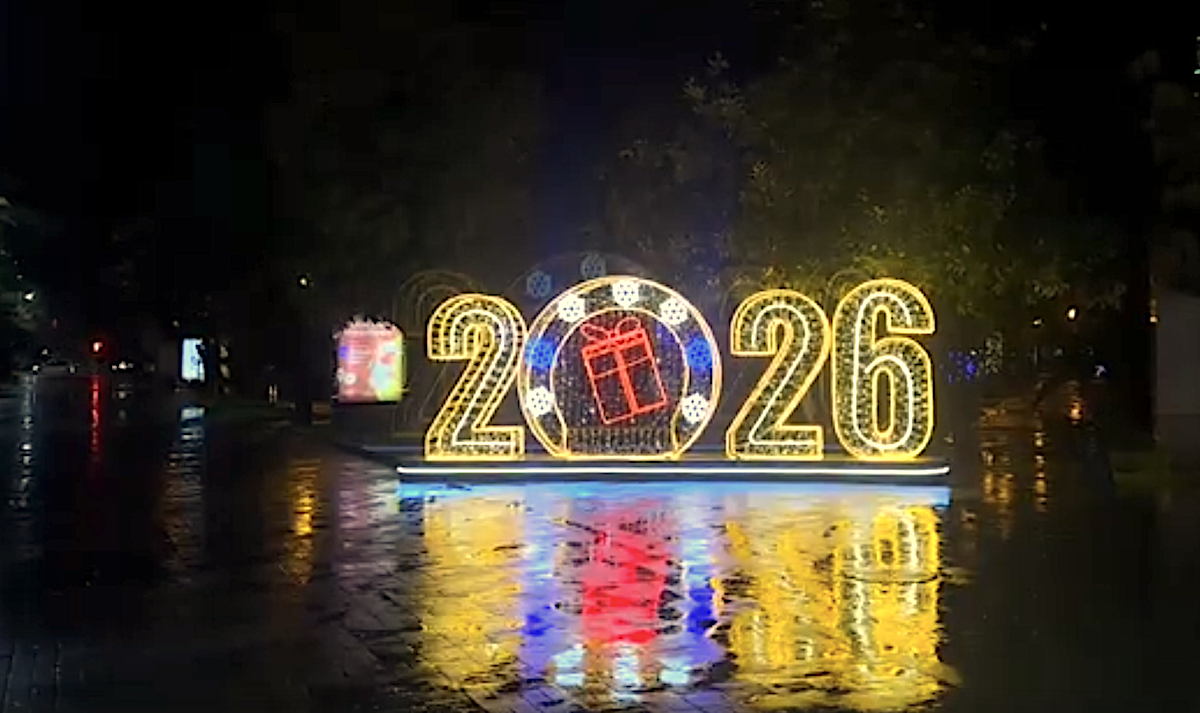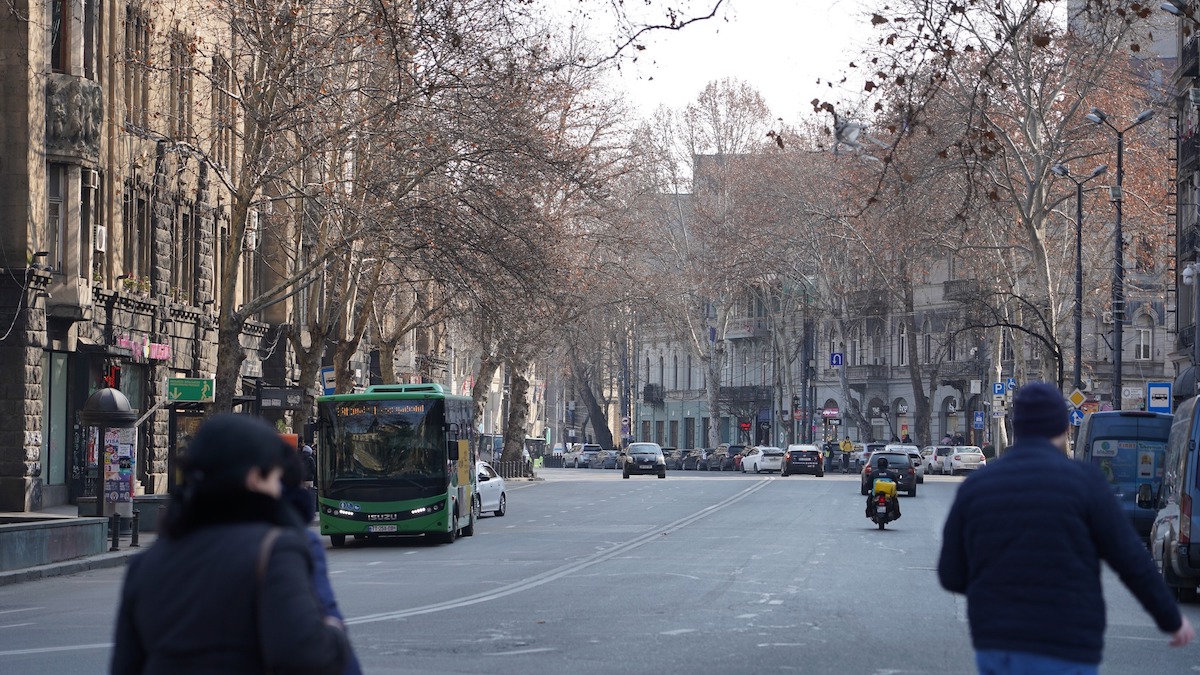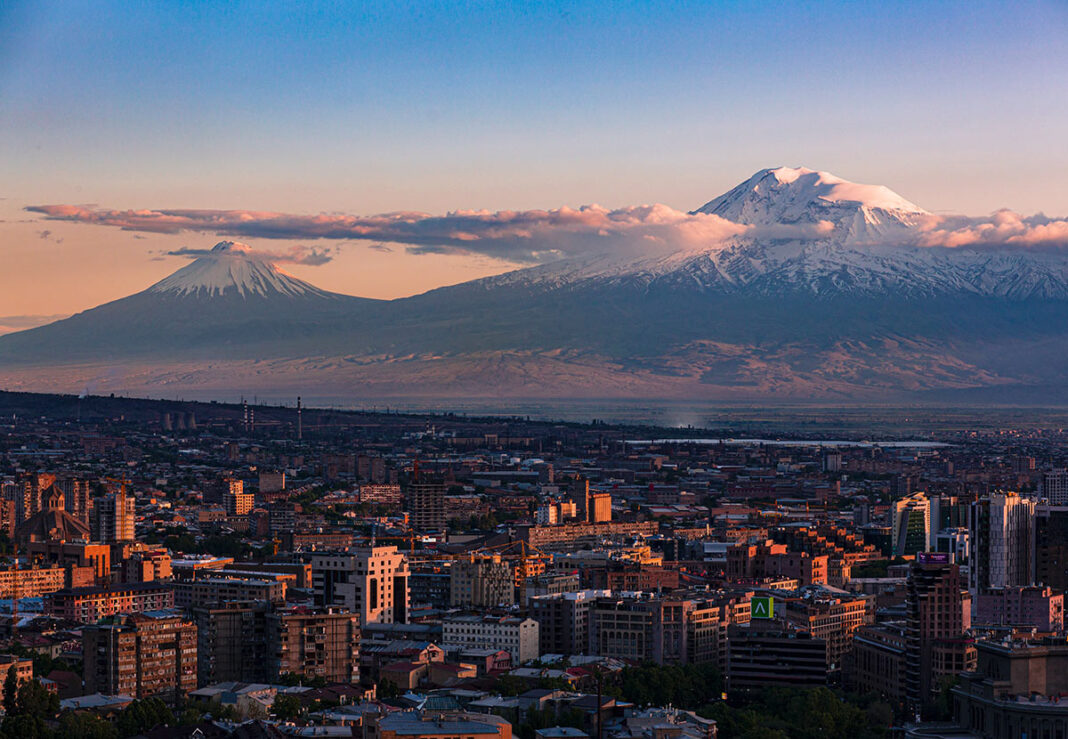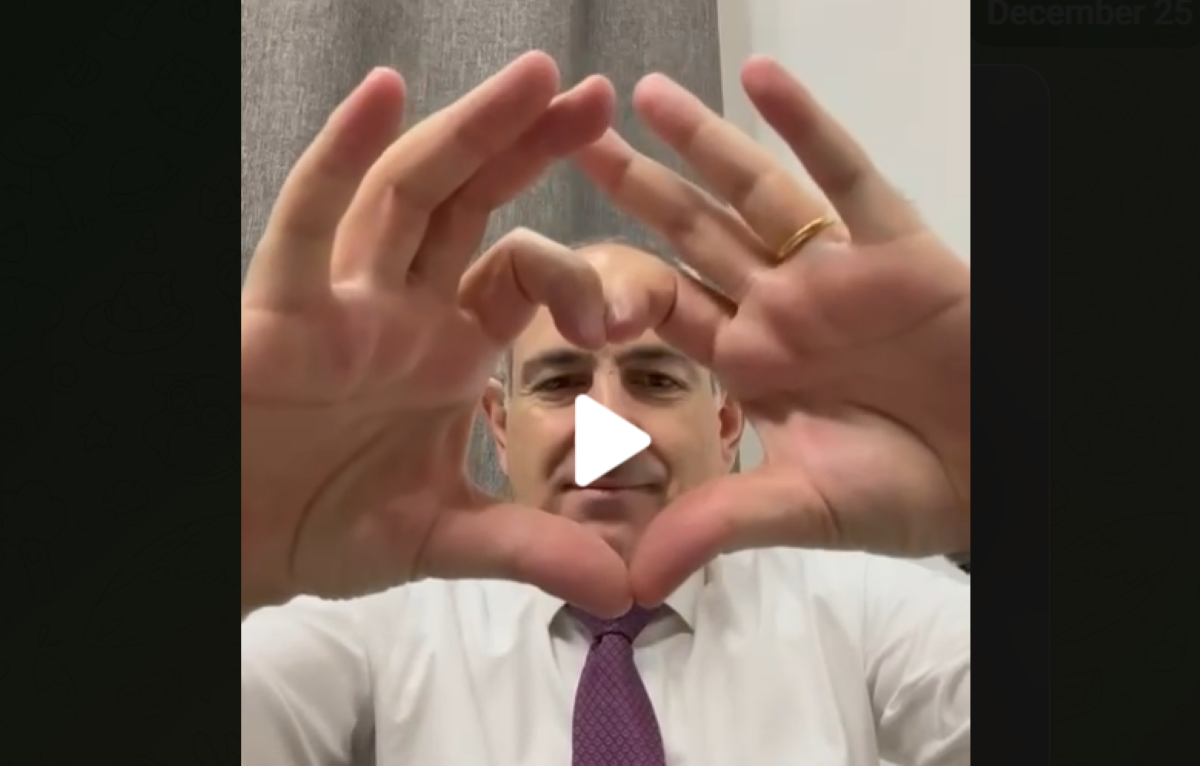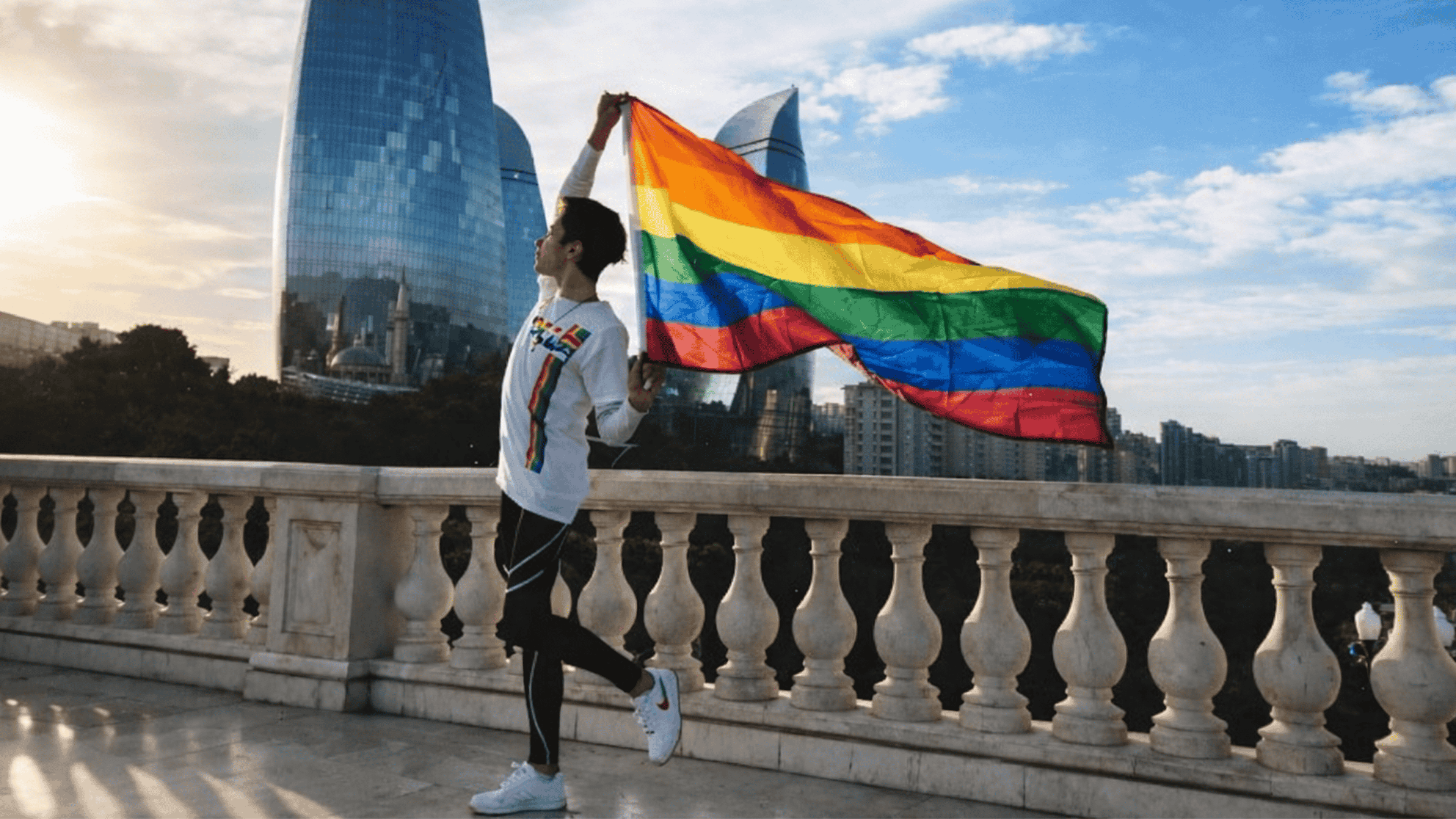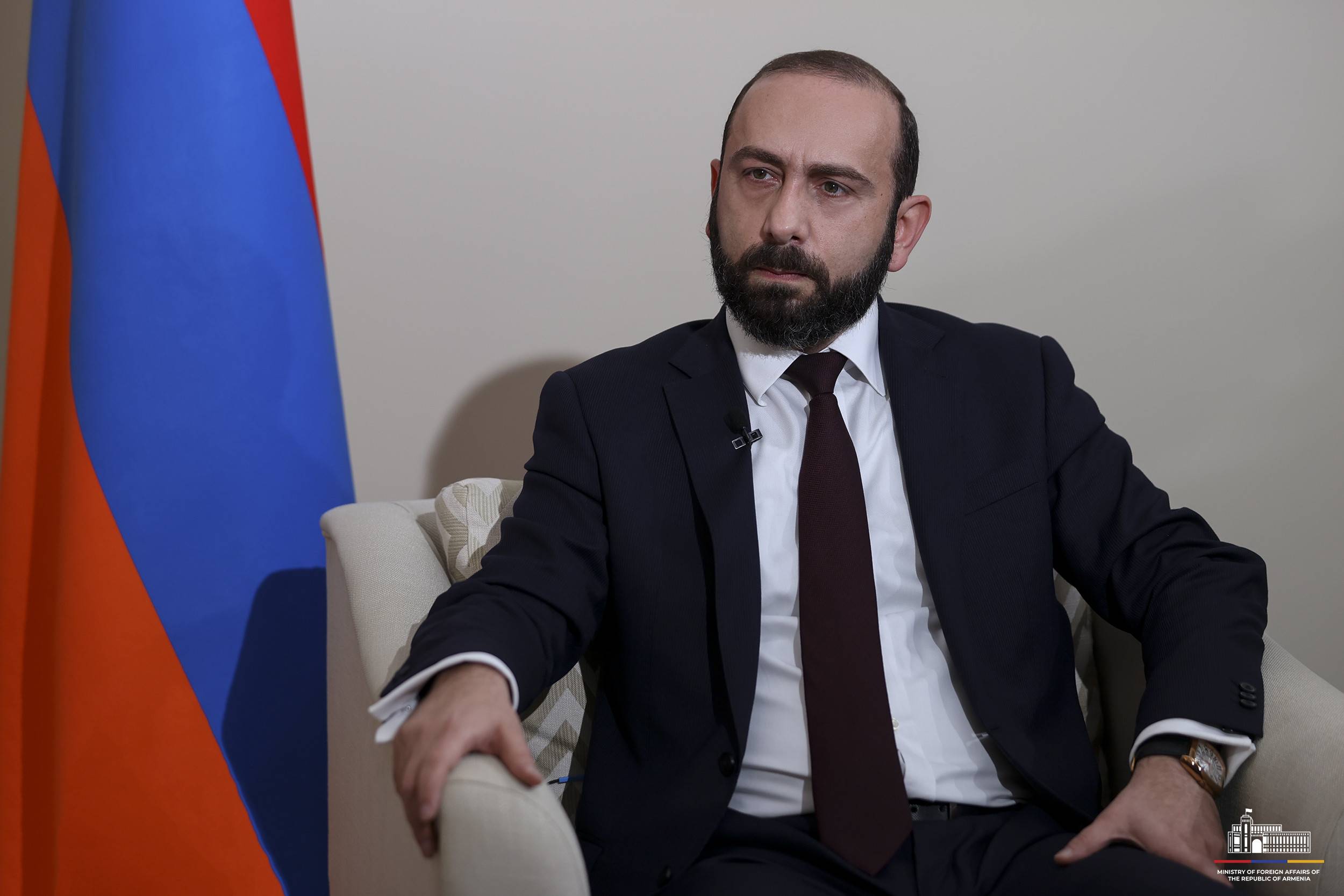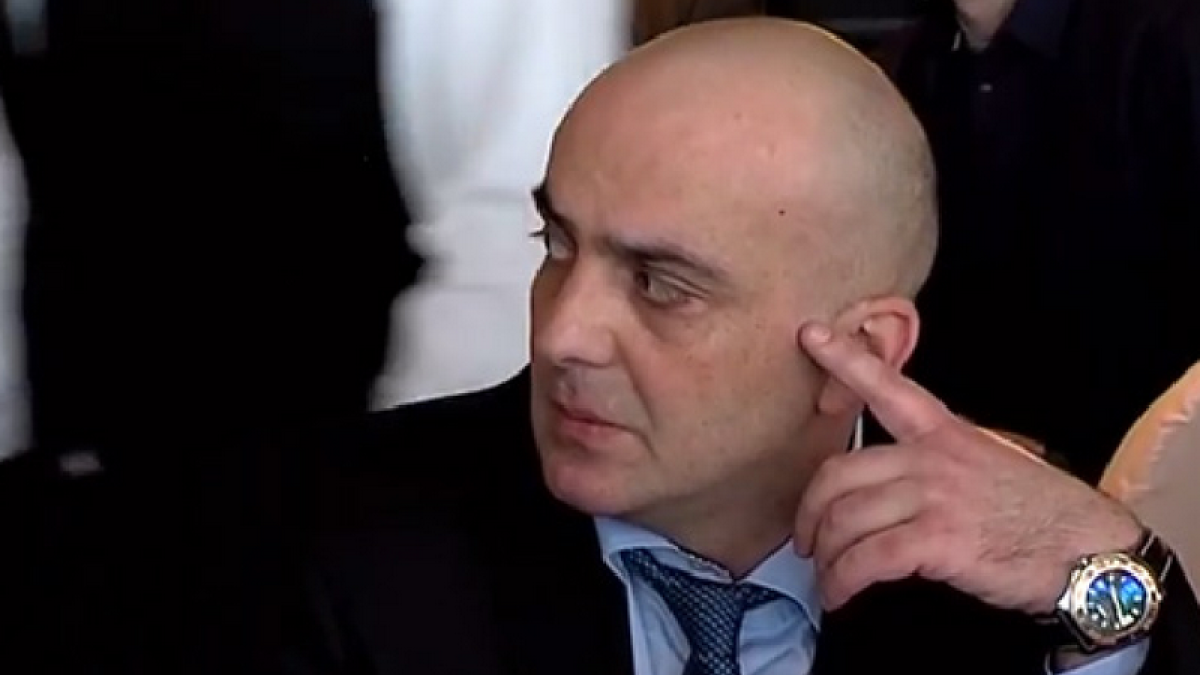Patriarch Ilia II's letter on Ukraine provokes wave of criticism in Georgia
Ilia II’s letter on Ukraine
On March 25, Ecumenical Patriarch Bartholomew I received a letter from the Catholicos-Patriarch of the Georgian Orthodox Church, Ilia II, on Ukraine, which has caused a wave of criticism in Georgia, as it was perceived as support for the Moscow Patriarchate.
Context
The letter was preceded by a message that the activities of a branch of the Ukrainian Orthodox Church (UPOS), which is subordinate to Moscow, would be banned in Ukraine, and some clergy of this church would be deprived of Ukrainian citizenship. It was also reported that the Orthodox Church of Ukraine, subordinate to Moscow, would forever be deprived of the right to use the Kiev-Pechora Lavra.
Starting March 29, Kiev will no longer renew the lease agreement with the UPOS, which means that Metropolitan Onofre, who heads the Ukrainian Orthodox Church subordinate to Moscow, will no longer be able to enter the monasteries of the Kiev-Pechora Lavra. This is a painful decision for the Russian Patriarchate, because it considers the Lavra to be the property of the Russian Patriarchate.
What is written in the letter?
In his letter, Ilia II asks the Ecumenical Patriarch “to alleviate the current situation in the Ukrainian Orthodox Church”, “create conditions for peaceful coexistence”, and “peacefully move towards mutual rapprochement.”
The Patriarch of Georgia expresses “great heartache” over the Russian-Ukrainian war, which “costs the lives of soldiers defending the Motherland and thousands of innocent people.”
The patriarch adds that Georgia has also gone through these pains, and “we understand very well the seriousness of the situation there.”
Ilia writes that in this war “most of the priests, clergy and parishioners of the Ukrainian Orthodox Church showed loyalty to their country.”
“Of course, there are those who took a different position, which does not change the overall picture,” the letter says.
Ilia II mentions the fact that Metropolitan Onofre has separated from the Russian Church. Ilia II says that, therefore, the confiscation of the Kiev-Pechora Lavra is problematic for him.
“There are problems with other churches-monasteries under its jurisdiction. It is a fact that the Orthodox Church of Ukraine found itself in a very difficult situation from many sides,” he writes.
Ilia II’s letter on Ukraine
The reaction of Georgian society
Part of Georgian society perceived this appeal as a kind of mediation between the Russian Orthodox Church (ROC) and the Ecumenical Patriarch.
According to some Georgian theologians, Ilia II’s letter serves the interests of Russia and is offensive to the Ecumenical Patriarch, since Patriarch Bartholomew does not recognize the existence of a church in Ukraine associated with the Moscow Patriarchate.
In 2019 Ecumenical Patriarch Bartholomew recognized the autocephaly of the Independent Orthodox Church of Ukraine, and Metropolitan Epifan became the head of this church. The Patriarchate of Georgia did not recognize the autocephaly of the Independent Orthodox Church of Ukraine.
In an interview with Radio Liberty, Georgian theologian Beka Mindiashvili says the letter of the Patriarch of Georgia is a demonstration of open support not for Ukraine, but for Russia. According to him, the church he defends is “the Russian Orthodox Church, Kirillovskaya, only in Ukraine.”
“This [letter] from the Patriarch of Georgia is a demonstration of hypocrisy and falsehood – an open, undisguised demonstration of which side he is on in this war… Our Church, unfortunately, supported Russia in all international issues and opposed the Ecumenical Patriarchate… This letter was written a few days after the Ecumenical Patriarch exposed the Russian Church together with the Russian authorities … it is completely incomprehensible why the letter of the patriarch is – the conquerors settled in the Kiev-Pechora Lavra and it was taken away from them,” Mindiashvili says, who believes that “writing the letter was a request from the Russian Church or the Russian special services.”
Mindiashvili considers it insulting that Ilia II does not mention in his letter the Independent Orthodox Church of Ukraine (OCU), which was granted autocephalous status by the Ecumenical Patriarchate, the spiritual center of the Orthodox world.
Ilia II’s letter on Ukraine










